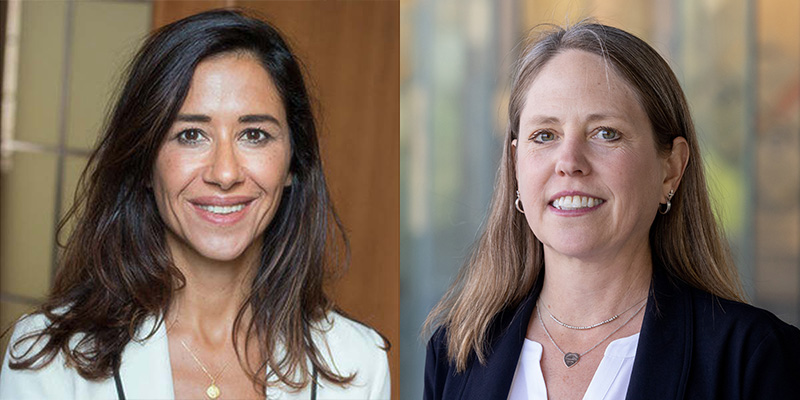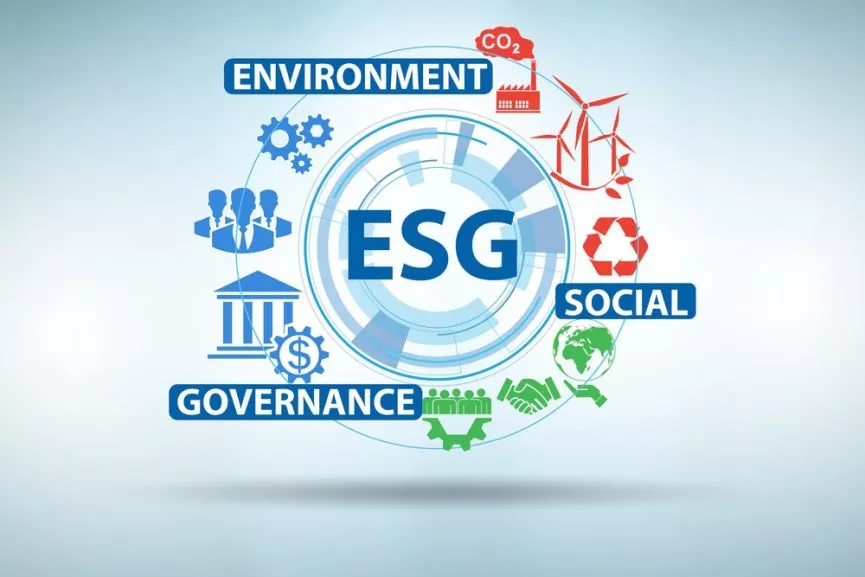
The Freedom Center, in collaboration with the National Review Institute, will host an ESG debate on April 3, 2024, from 5:30 to 7:00 p.m. in Phoenix at the Heard Museum. Distinguished national experts hailing from various fields such as corporate, investment, regulatory, and government sectors will delve into the multifaceted nature of ESG, presenting arguments in favor of and in opposition to it and exploring the possibility of finding common ground.
Participants
Andrew Behar is CEO of As You Sow, the nation’s leading non-profit practitioner of shareholder advocacy and engagement. With a 30-year track record of success, As You Sow advances values-aligned investing and uses shareholder power to compel companies to reduce material risk on issues including climate change; toxins in the food system; ocean plastics; diversity, equity, and inclusion; racial justice; and wage equity. Previously Andrew was a documentary filmmaker and entrepreneur founding start-ups that developed innovative physiological monitoring devices and grid-scale fuel cells. He is an inventor on five patents and was recently named as one of the Purposeful-50 “true changemakers who deliver on social justice, environmental protection, diversity, inclusion, racial equality, and gender and pay equity.” He is currently on the board of the Responsible Sourcing Network. His book, The Shareholders Action Guide: Unleash Your Hidden Powers to Hold Corporations Accountable, was published by Berrett-Koehler.
Andrew’s book outlines how people can utilize their investments to shift corporate behavior. “More than 91 million Americans own shares of stock or are invested in mutual funds, and the vast majority of them abdicate their power to hold corporations accountable. The fact is, every public corporation holds an annual meeting, and every shareholder has the right to vote on a slew of resolutions on issues that directly impact their lives and the futures of their families: a living wage, deforestation, climate change, animal rights, plastics polluting our oceans, CEO Pay, toxic chemicals in our products and foods, GMOs, fracking, human trafficking and slavery, and the list goes on.”
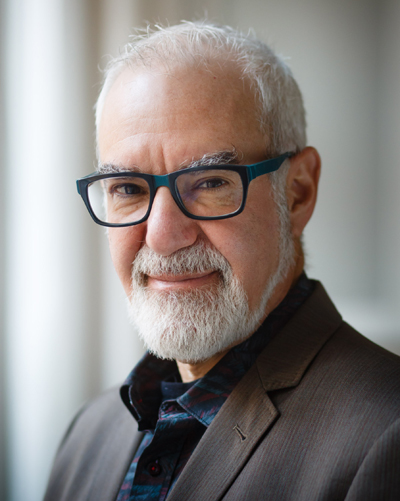
Dr. Kevin Hassett served as the 29th Chairman of the President’s Council of Economic Advisers from 2017 through 2019. He was thereafter called back to the White House in 2020 to serve as a Senior Advisor to President Trump, where he coordinated the economic response to the pandemic. Dr. Hassett has been involved in national politics for over twenty years. He served as John McCain’s chief economic adviser in the 2000 presidential primaries and a senior economic adviser to the campaigns of George W. Bush in 2004, McCain again in 2008 and Mitt Romney in 2012. Dr. Hassett is currently Managing Director at the Milken Institute and the Brent R. Nicklas Distinguished Fellow in Economics at the Hoover Institution at Stanford University. Hassett is also senior advisor of Capital Matters, the economic web site of National Review. Prior to his White House service, Hassett was Research Director at the American Enterprise Institute. He also served as a senior economist at the Board of Governors of the Federal Reserve System. His academic background includes being an associate professor of economics and finance at Columbia University’s Graduate School of Business, as well as a visiting professor at New York University’s Law School. He has a Ph.D. in economics from the University of Pennsylvania, and B.A. with high honors from Swarthmore College
“American corporations that place profits over politics have a proven record of providing the greatest economic benefit to society and the greatest individual financial reward. As citizens, we hope that corporate leaders appreciate the important political role they have historically played in defending free enterprise. We believe they will, but if they don’t, then retirees will see their investment evaporate, and the workers of America will be united, but in poverty.”
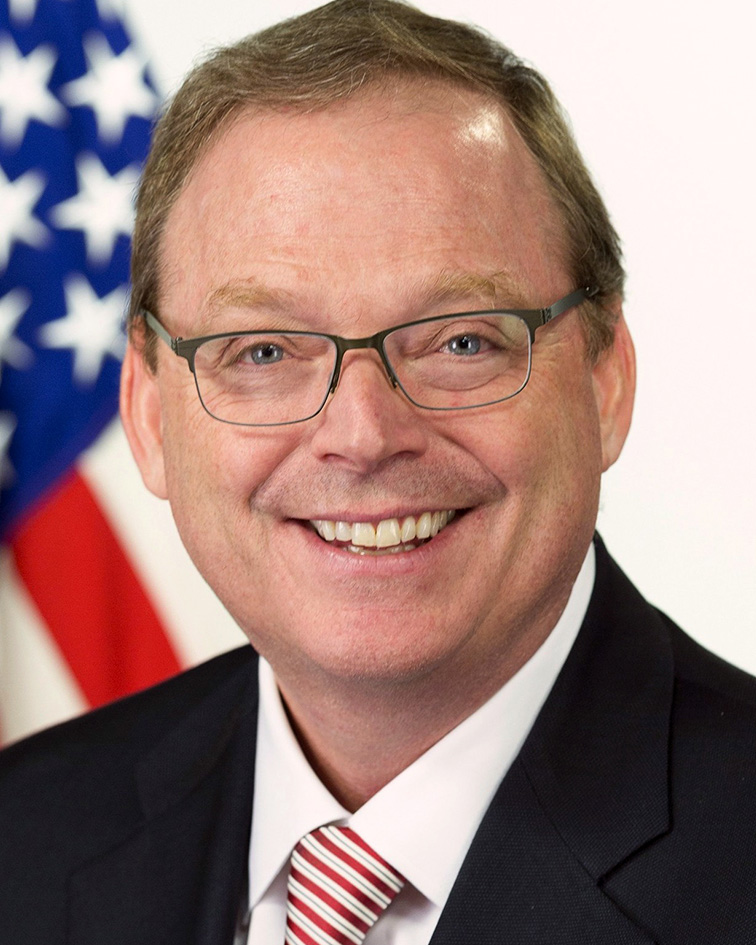
Sandra E. Taylor is the former SVP of Corporate Responsibility at Starbucks and CEO of Sustainable Business International, a consulting business she launched in 2008 that assists organizations at various stages of environmental sustainability and social responsibility practice. Taylor’s expertise provides innovative approaches to sustainability strategy, including supply chain sustainability, strategic philanthropy, stakeholder engagement, ESG analysis, and social investments.
During her tenure at Starbucks Coffee Company in Seattle, Washington (2003 – 2008), Sandra led the strategic development and day-to-day direction of all global corporate responsibility programs, including the development of responsible, ethical, and sustainable standards for coffee, tea, cocoa supply chains; reduction of the environmental impact of business operations; community affairs; the Starbucks Foundation and disaster relief support.
Taylor has been an Expert-in-Residence at Presidio Graduate School in San Francisco, a First Mover Fellow in Aspen Institute’s Business and Society Program, and was the Falk Professor of Socially Responsible Business at Chatham University in Pittsburgh, PA. She has been a corporate board director of Capella Education Company, DE Master Blenders in the Netherlands, and Rocky Mountain Chocolate Factory, all publicly traded. Her nonprofit board service includes the Chesapeake Bay Foundation, Island Press in Washington DC and LIVE Certified in the Pacific Northwest. Taylor has a BA in French from Colorado Women’s College, a Juris Doctorate from Boston University School of Law, and a master’s in business administration (MBA) from the Bordeaux School of Management in France.
Her book, The Business of Sustainable Wine: How to Build Brand Equity in a 21 Century Wine Industry, was published in 2017.
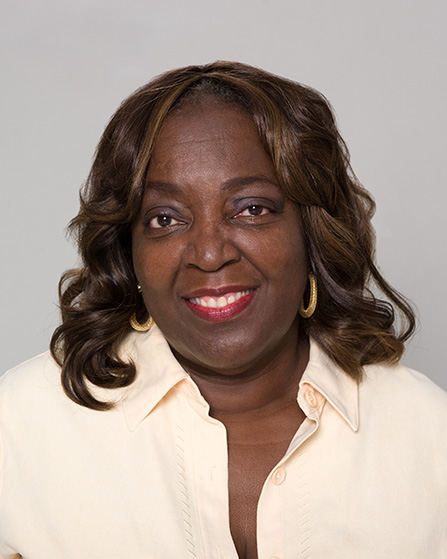
Kimberly Yee is the State Treasurer of Arizona. She is Arizona’s chief banking and investment officer and oversees the cash management of Arizona’s $64.7 billion state budget and payments to agencies, local governments, and schools. Upon taking office in January 2019, assets under management were at $15.4 billion. Today, assets under management stand at over $30 billion, an increase of 95.5% in 52 months. Born and raised in Arizona, Treasurer Yee is the first Asian American elected to a statewide office in Arizona’s history. She is also the first Chinese American Republican woman to win a major statewide office in the history of the United States. In 2010, she became the first Asian American woman elected to the Arizona Legislature and served for eight years, both in the House and the Senate. Treasurer Yee is currently the highest-ranking Republican in Arizona.
“We have the ability to go to companies that stand for the values that we believe in,” Treasurer Yee said in a Bloomberg interview. “ESG policies and woke corporations are moving in a direction that I believe is dangerous. It’s a political scorecard, and not a financial scorecard.”
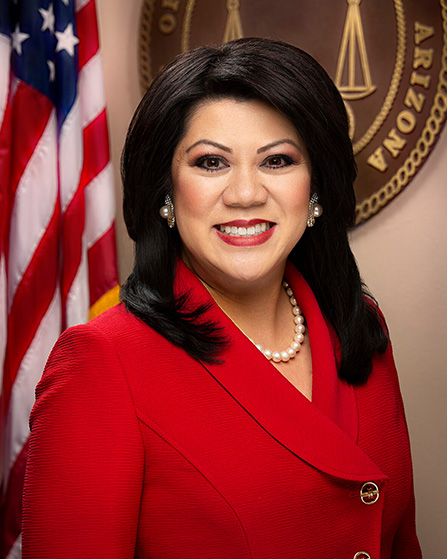
Moderators
Ari Fleischer is a former White House press secretary and was the primary spokesperson for President George W. Bush. He delivered the daily White House press briefings from 2001 to 2003. In his almost four years working for President Bush, Ari served as spokesperson during the historic presidential recount, September 11th, two wars, and the anthrax attack. Ari is also an author of two best-selling books. His latest book, Suppression, Deception, Snobbery and Bias, takes a deep dive into how and why the press keep getting so much wrong. His first book, Taking Heat, details his years in the White House and reached #7 on The New York Times Best Sellers list.
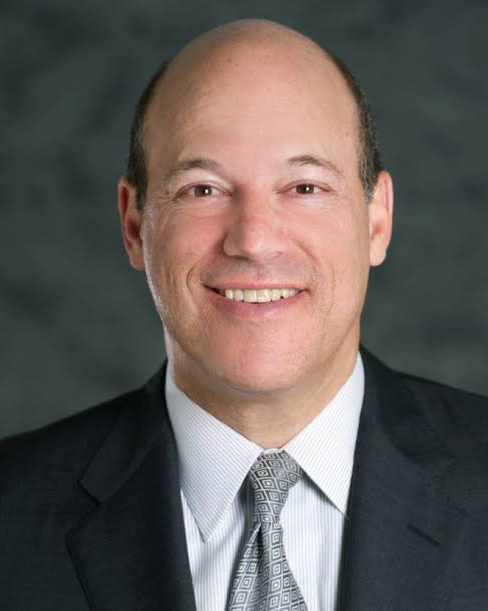
Robert Gibbs is a former White House press secretary and was a top advisor to President Barack Obama for nearly a decade. He started as Communications Director for then-Senator Obama and was a key strategist when President Obama won the 2008 election. Gibbs crafted effective communications to address the financial crisis and pass the historic Affordable Care Act. He left the Administration to become Executive Vice President for Corporate Relations and Global Chief Communications Officer for McDonald’s. In 2013, Gibbs co-founded the Incite Agency, which is now a part of Bully Pulpit International (BPI), of which he remains a partner.
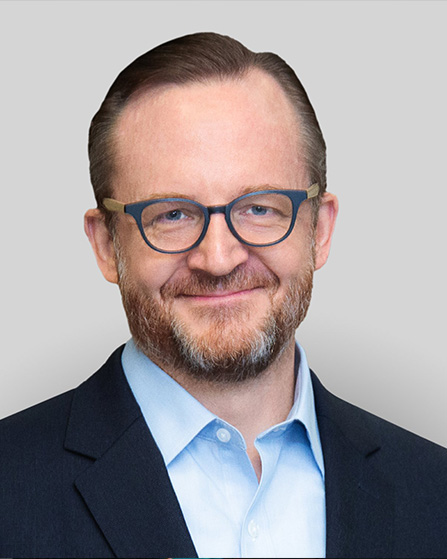
About ESG
ESG initiatives, embraced by corporations and investors alike, encompass a wide array of concerns, ranging from climate change to gender and racial equality, workplace diversity, and other critical social and political matters. The objective of ESG is to shape how companies account for and disclose their environmental impact, address social challenges, and make decisions that have both immediate and long-term consequences. Currently, the future of ESG is the subject of intense discussions, legislative endeavors, legal actions, and regulations on local, state, national, and global scales. These endeavors focus on pivotal inquiries, such as measuring the impact of ESG-related decisions, assessing the legitimacy of these choices, aligning ESG initiatives with managers’ fiduciary responsibilities and broader societal objectives, and considering the implications of these initiatives for freedom of speech.
At the same, while informed by cutting-edge research, the ESG debate aims to delve into the real-life implications of these issues. A March 2023 article in The Free Press quotes Cindy Williams, formerly a Veterans Administration lawyer, now working for a private hospital. She has concerns about how ESG will affect her federal pension and 401(k).
“I have no objection to saving the planet,” said Williams, who is 62 and lives with her mother in a retirement community. “I just don’t want to lose my money. They’re more concerned about their idea of improving the world than they are with whether it actually improves my life.”
The ESG debate was conceived by Dr. Saura Masconale, Freedom Center Associate Director and Assistant Professor of Political Economy and Moral Science, and organized with Dr. Mary L. Rigdon, Freedom Center Director and Associate Professor of Political Economy and Moral Science. Saura has extensively researched how ESG might impact individual liberties and society. She believes that the ability to engage in the debate, driven by a shared aspiration to comprehend one another and advance understanding, is just as important as the issue itself. This aligns with the Freedom Center’s mission to promote viewpoint diversity and recognize the value of varied perspectives as catalysts for innovation and progress.
